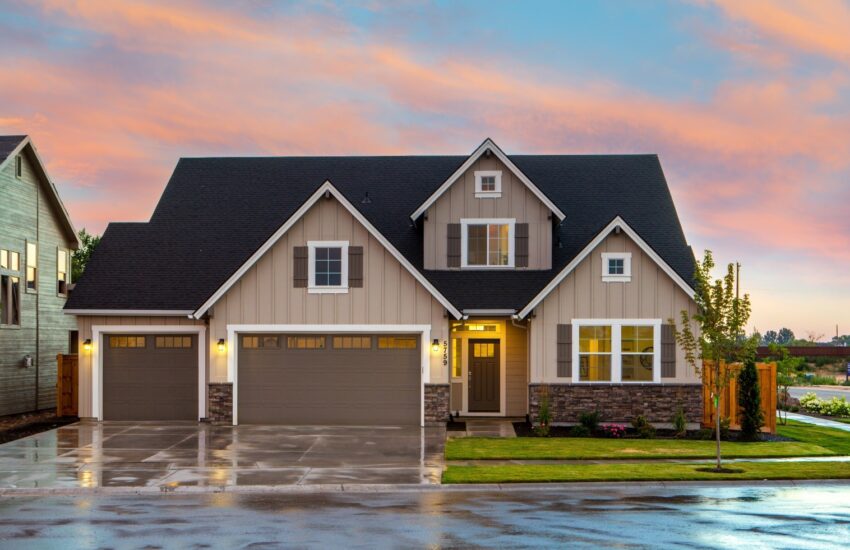What to Know Before You Shop for Water Heaters in Minnesota
Selecting a new water heating system is a major decision for any homeowner. The right choice ensures comfort, efficiency, and long-term reliability. In a state where winter temperatures drop well below freezing, understanding local needs is essential before making a purchase.
How Cold Weather Affects Performance
Homes in Minnesota face unique challenges when it comes to heating water. The long and harsh winters mean that systems must work harder to maintain consistent temperatures. Before you shop for water heaters in Minnesota, consider how well each model performs under cold-weather stress.
Units designed for colder climates often feature improved insulation and higher recovery rates, helping them deliver hot water faster and more reliably. It’s also worth noting that systems may take longer to recover in colder basements or utility rooms. If your heater is located in a drafty or partially finished space, adding insulation or a thermal blanket may improve performance and reduce heat loss during winter.
Checking Tank and Tankless Options
Two primary types of systems are available: storage tanks and tankless units. Storage tanks are familiar and typically cost less upfront. However, they can lose heat quickly, especially if installed in unheated spaces.
Tankless systems heat water only when needed and are more energy-efficient, although the initial investment is higher. The best choice depends on household size, hot water demand, and available installation space. Tankless options require careful planning during installation, especially in older homes in Minnesota. Flow rates and pipe sizing must be considered to ensure consistent output, particularly when multiple fixtures are in use.
Choosing the Right Fuel Source
Energy sources play a significant role in performance and cost. Gas-powered systems handle colder conditions better and provide faster heating, which can be helpful during Minnesota’s winter months. Electric models are easier to install and may be more cost-effective depending on local utility rates. Evaluate what your home is currently equipped for and what aligns with your long-term energy goals. Also, some areas may offer rebates or incentives for installing energy-efficient models, especially those powered by electricity or alternative sources. Researching local programs can help reduce the overall cost.
Importance of Proper Sizing
Installing the correct size system ensures efficiency and comfort. A unit that’s too small won’t keep up with demand, while an oversized one wastes energy. Look at specifications like the first-hour rating for tank models or gallons-per-minute for tankless units. Also, consider efficiency ratings such as the Energy Factor (EF) or Uniform Energy Factor (UEF), which indicate how effectively the system uses energy to heat water. Consulting a professional can help you calculate the appropriate size based on the number of occupants, bathrooms, and simultaneous water uses in your home.
Compliance with Local Codes
Before installation, check the local building codes and permit requirements in your area. Minnesota has specific standards for water heating equipment, including venting, placement, and energy efficiency. Ignoring these rules can lead to failed inspections or even safety hazards. Hiring a licensed professional familiar with regional regulations is often the best path to a safe and compliant installation.
Managing Hard Water Challenges
Much of Minnesota has hard water, which can cause mineral buildup inside heating systems. Over time, this buildup affects efficiency and can shorten the system’s lifespan. A water softener may help reduce these effects, especially in areas with high mineral content. Some models are designed to resist scale and may be a better option in such regions. Regular maintenance, such as flushing the tank or checking heating elements, also helps extend service life.
Understanding your home’s needs is the first step to making the right decision. Whether your priority is energy savings, durability, or fast recovery time, the ideal solution balances performance with long-term value. If you plan to shop for water heaters in Minnesota, take time to evaluate your climate, energy setup, and water quality before committing. Smart planning now can help you avoid costly repairs and ensure comfort through every season.



